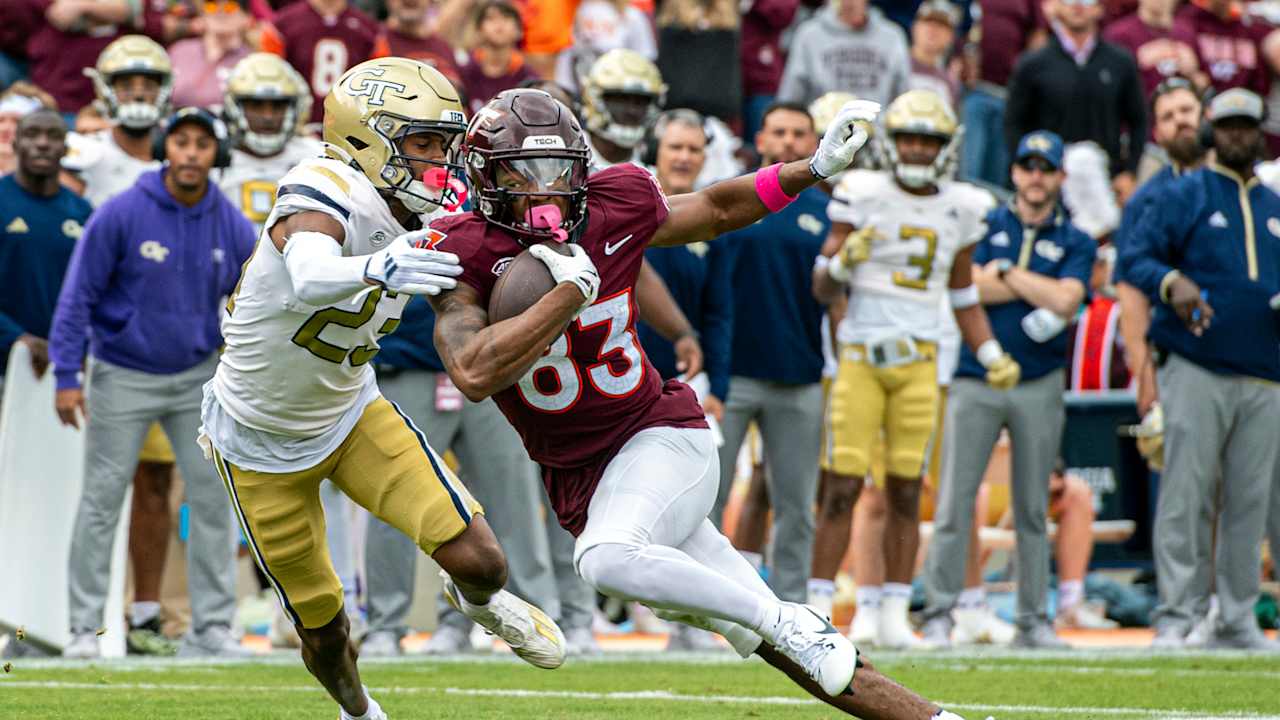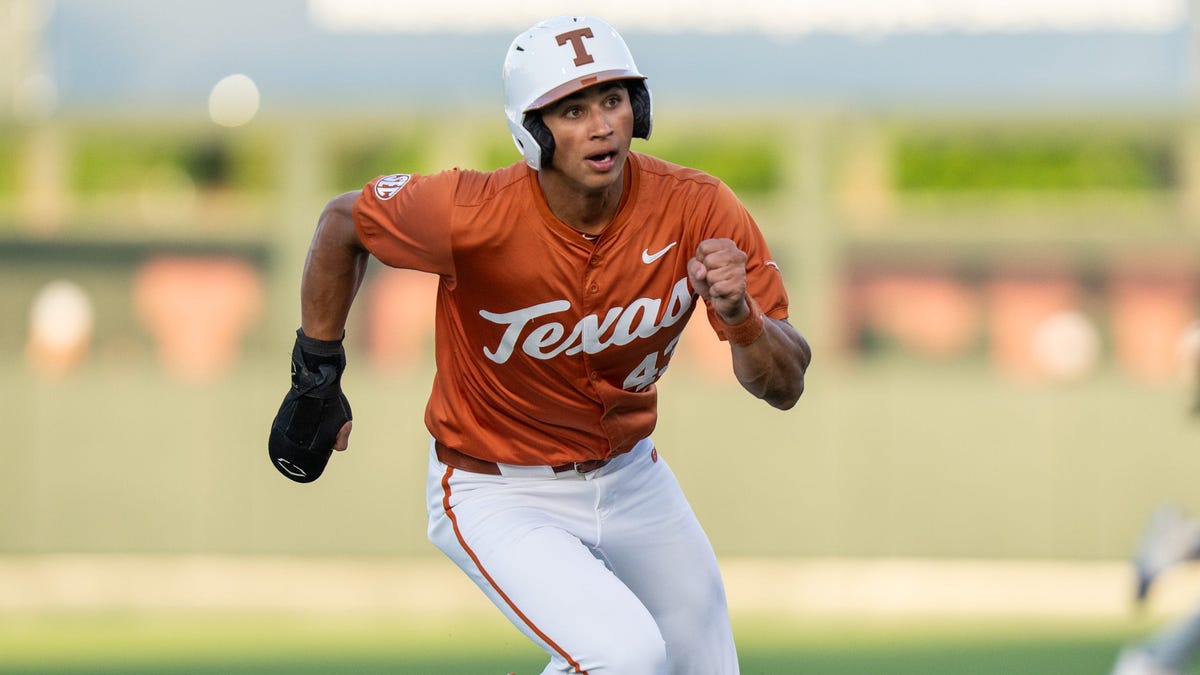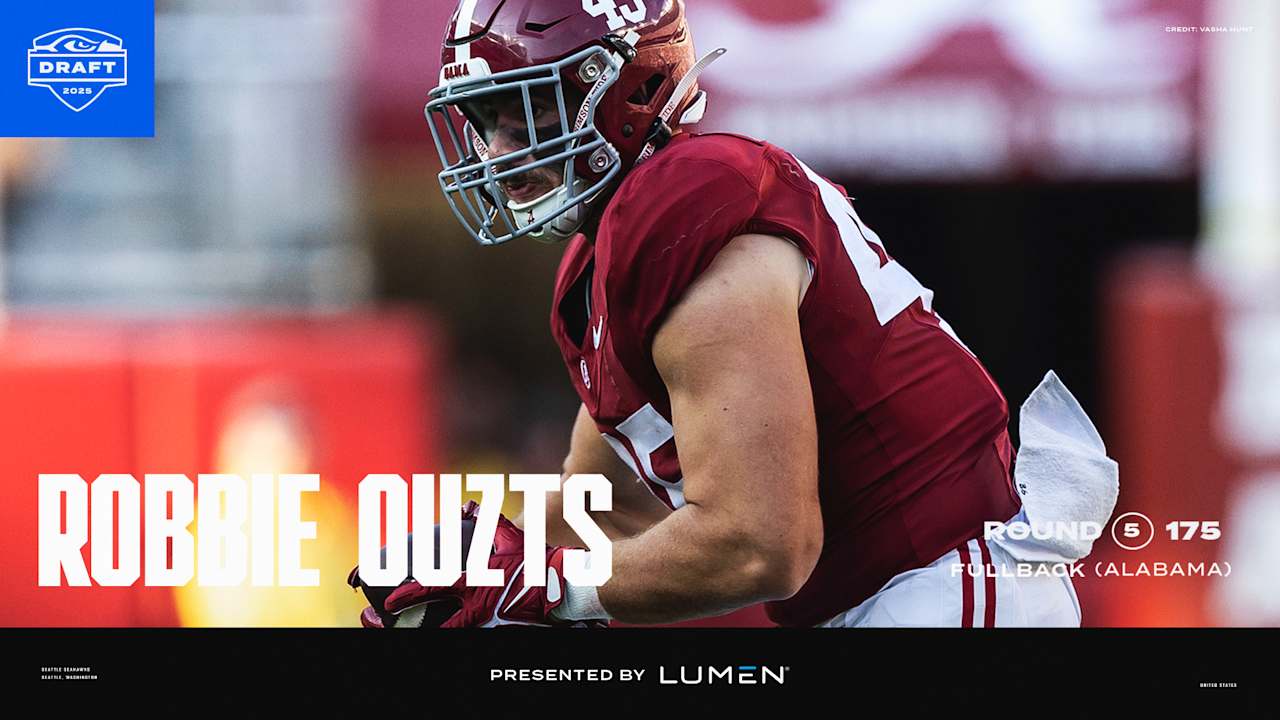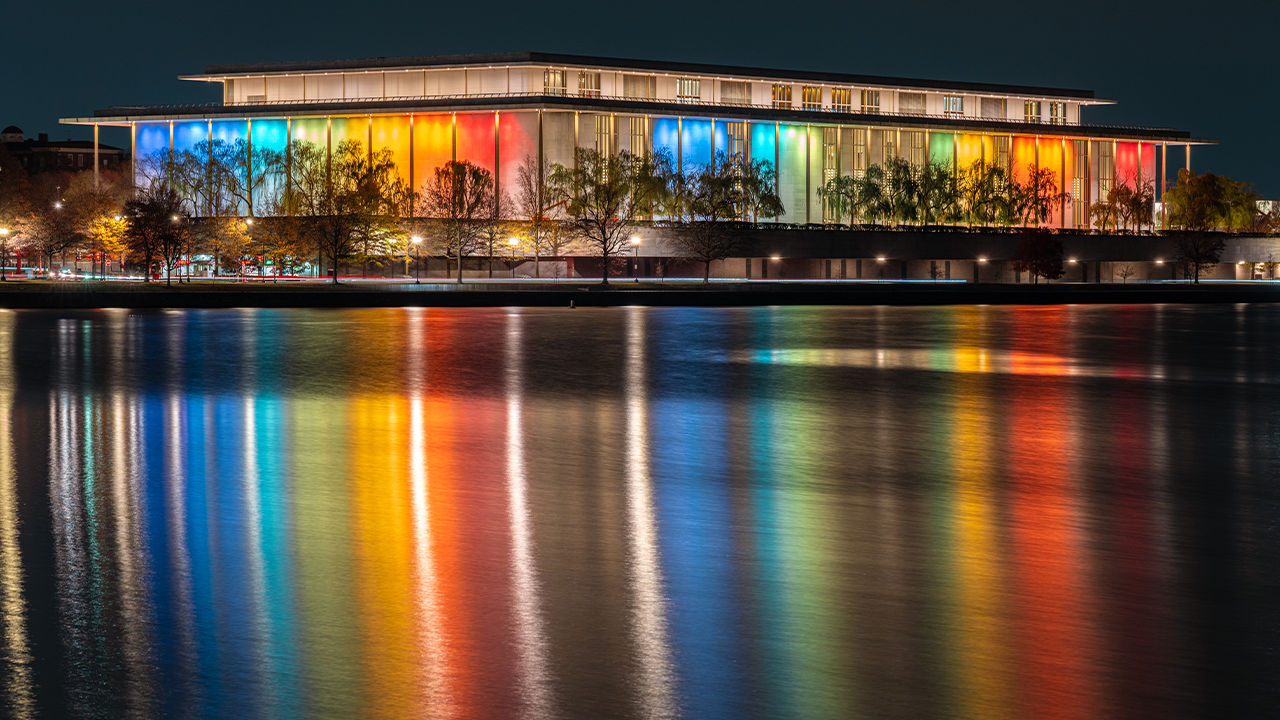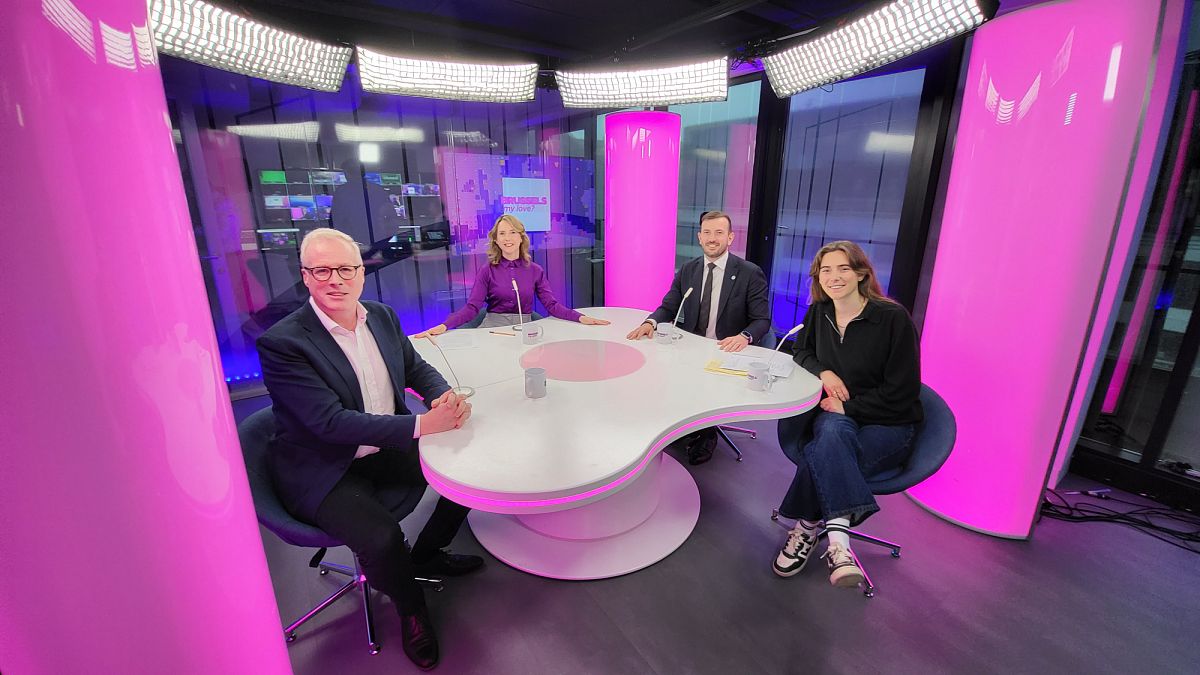World leaders including US President Donald Trump are arriving at St Peter’s Square in Rome for the funeral mass of Pope Francis.
The late pontiff, whose body will be laid to rest on Saturday at Santa Maria Maggiore, his favourite Rome church, broke with centuries of tradition and requested simplified rites for the ceremony.
Scores of global leaders are expected to attend the funeral mass, including French President Emmanuel Macron, Italian Prime Minister Giorgia Meloni, Ukrainian President Volodymyr Zelenskyy, Argentina’s right-wing president Javier Milei, and Brazil’s left-wing President Luiz Inácio Lula da Silva.
During his 12 years on the papal throne, Francis sought to make the Catholic church — which claims 1.4bn followers worldwide — more compassionate and accessible, while addressing contemporary problems such as climate change.
His death this week at the age of 88 prompted an outpouring of grief from admirers but also dissent from critics, including influential members of Trump’s Maga movement.
The Vatican said that an estimated 250,000 people had passed through St Peter’s Basilica over the three days Francis lay in state before his coffin was sealed on Friday evening.
Royals including the UK’s Prince William and the monarchs of Spain, Sweden and Denmark are expected to attend the funeral mass on Saturday, as well as heads of international institutions such as the UN and the European Commission. Former US president Joe Biden is also attending.
The Holy See expects that about 200,000 people will flock to St Peter’s Square for the funeral mass, including 220 cardinals and roughly 750 bishops and priests.
The burial marks the start of a nine-day formal mourning period, after which up to 135 eligible cardinals under the age of 80 will be locked in the Vatican for a secretive conclave to select the new pope.
Early frontrunners include Cardinal Pietro Parolin, the late pope’s secretary of state, Cardinal Luis Tagle from the Philippines and Cardinal Fridolin Ambongo Besungu.
Francis last year simplified the papal death rites. Archbishop Diego Ravelli, master of apostolic ceremonies, said at the time that the changes were intended to emphasise that “the funeral of the Roman pontiff is that of a pastor and a disciple of Christ, not a powerful person of this world”.
The homily at the funeral mass will be delivered by Italian Cardinal Giovanni Battista Re, aged 91, whose words are likely to be interpreted by many Catholics as spiritual guidance to the cardinal electors on the qualities they should seek in a new pope.
After the mass, the coffin will be taken by hearse from St Peter’s Basilica to Santa Maria Maggiore, which Francis visited before and after every papal trip. He will be the first pope in more than a century to be buried outside the walls of Vatican City.
The 5.5km funeral procession, which will travel at walking pace, will pass many of Rome’s most famous monuments, including the Coliseum.
Though the burial will be a private ceremony, the church will open soon afterwards so mourners can pay respects to the deceased pope, who will lie under a marble tombstone inscribed simply “Franciscus”.
Additional reporting by Giuliana Ricozzi


